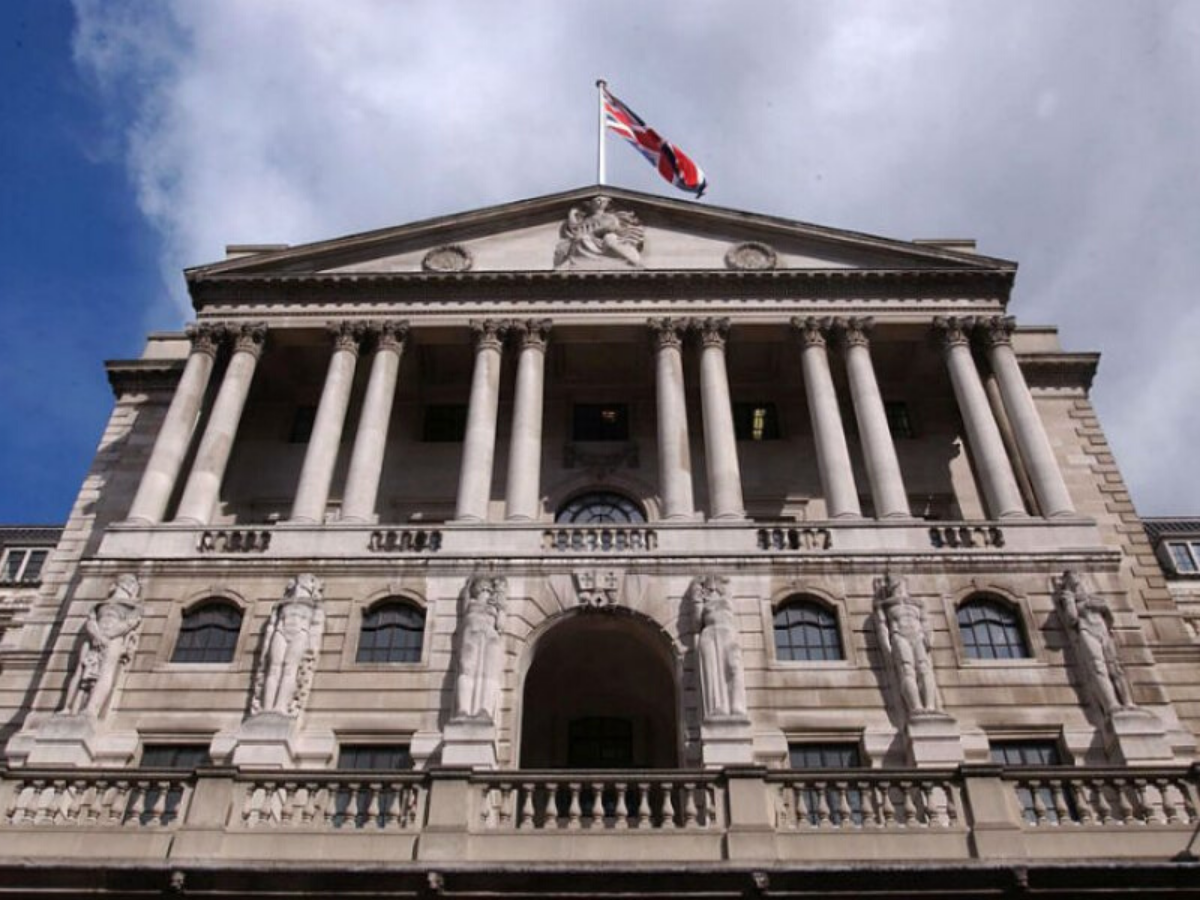Low inflation figures have backed investors’ expectation that the Bank of England will cut interest rates further at the end of January.
Inflation is now at 1.3%, which is a three year low and significantly below the 2% target, raising concerns that consumers will continue to hold back on spending.
The fall in price levels is partly driven by a decline in accommodation costs and the falling price of services and clothes, as ONS data from December showed. But the main underlying driver for delays in spending is the uncertainty over Brexit as Michael Saunders, a member of the Bank of England’s Monetary Policy Committee, suggested.
“The key factor behind the slowdown has been persistently high policy uncertainty, generated both at home and abroad. In the UK, firms and households have faced Brexit-related uncertainties, with risks of a possible no-deal Brexit and uncertainties over the UK’s eventual trading relations with the EU and elsewhere,” he warned in a recent speech in Bognor, Ireland.
Saunders highlighted that sluggish economic growth remains unusual given the extremely accommodative monetary policy environment. The former Citigroup economist sees a case for further rate cuts to stave off threats of deflation. The nine-strong Bank of England Monetary Policy Committee meets again to discuss interest rates on 30 January.
The challenge for decision makers at the Bank of England remains to establish how low interest rates can go, since the rate is already at 0.75% and therefore negative in real terms. “On balance, the global economy risks being trapped in a vicious cycle of lower global equilibrium interest rates reducing monetary policy space, exacerbating downside risks, pushing down equilibrium rates further, and leading to a global liquidity trap,” outgoing Bank of England Governor Mark Carney warned.
Disappointing inflation data follows an initial wave of optimism in the fund management industry last month. Boris Johnson’s announcement of a preliminary Brexit deal being struck and the landslide Conservative victory, meant that markets had initially been buoyant. In December 2019, an additional £2bn was invested in UK-domiciled equity funds, half of those new investments were allocated to UK equity funds, according to fund data specialist Calastone.
Simultaneously, the pound surged throughout December but has now fallen back by 2% since the beginning of the year, amid disappointing macroeconomic data.




